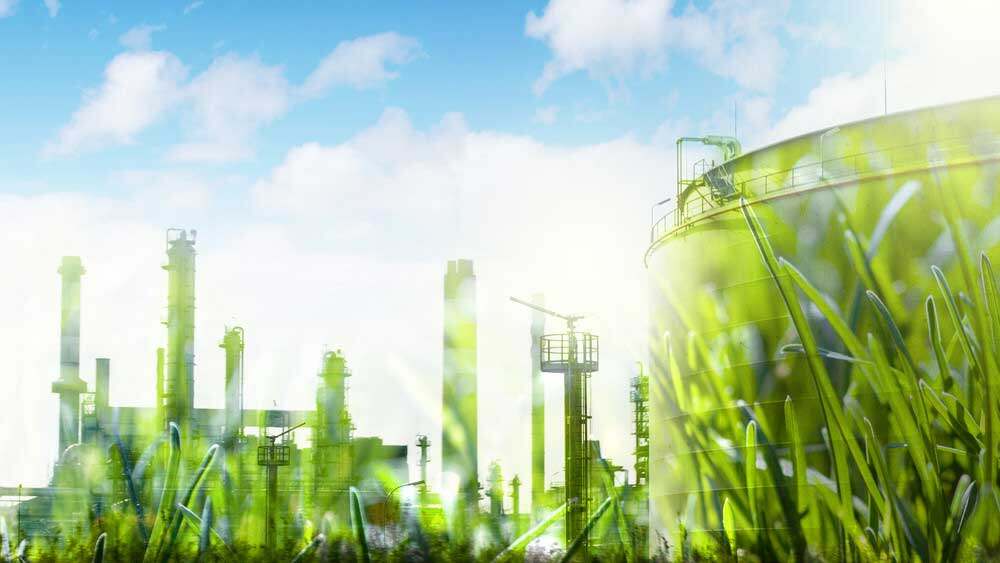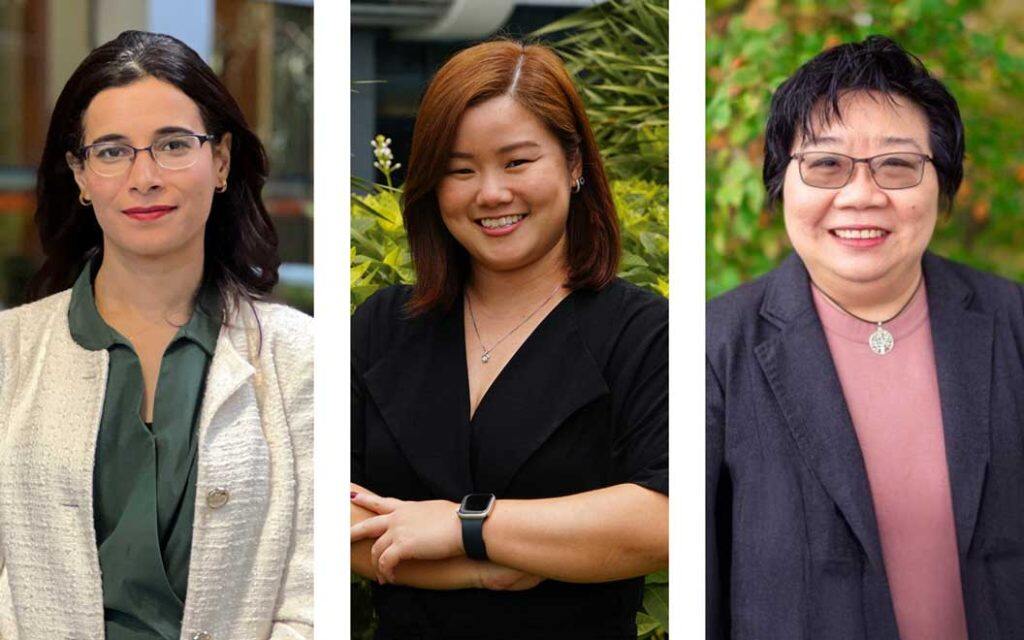The world is watching the United Arab Emirates (UAE) as it hosts the 28th United Nations Climate Change Conference, or COP28, which will take stock of the world’s progress in fighting climate change.


Held in Expo City, Dubai from 30 November to 12 December, the conference has been described as a make-or-break climate summit as the world falls behind on its net-zero carbon emissions goals and hurtles towards a climate catastrophe.
COP28 President Dr Sultan Ahmed Al-Jaber laid out four key goals comprising fast-tracking a just, orderly and equitable energy transition; fixing climate finance; putting nature, lives and livelihoods at the heart of climate action; and mobilising for the most inclusive COP so far.
Will the summit be successful in meeting these targets? How the UAE handles COP28 will be keenly watched by the 197 participating countries – not least Singapore.


“Singapore and the UAE are closely linked – they face common climate change challenges,” noted Dr Aisha Al-Sarihi, Research Fellow at the Middle East Institute.
Dr Al-Sarihi was speaking at a media briefing organised by the NUS Centre for Nature-based Climate Solutions (CNCS) on 15 November 2023, on what Singapore should expect at the conference.
She was joined by Ms Melissa Low, Research Fellow at CNCS, and Ms Danielle Yeow, Adjunct Senior Research Fellow at the Centre for International Law at NUS, who also spoke about the first-ever Global Stocktake and how the Loss and Damage Fund is set to be finalised at the conference. The three researchers had earlier appeared on CNCS’ Voices of Asia podcast.
Climate challenges facing UAE and Singapore
Because of climate change, the UAE is experiencing increasingly erratic and reduced rainfall which results in both droughts and flash floods. These extreme weather events exacerbate the water scarcity troubles of the country.
Singapore, which also lacks natural freshwater reserves, holds the same water stress ranking as the UAE. To ensure a constant supply of freshwater, both countries make use of water desalination, a process which removes minerals from saline water.
However, purifying water comes at a cost – huge amounts of oil and gas would have to be burnt to power desalination plants. The Middle East accounts for about 90 per cent of the global thermal energy used for desalination, with the UAE alone consuming a total of 4,193 gigawatt hours of energy in 2022.
This places both countries in a catch-22.
“Climate change means more desalination, which means more oil and gas. This is the tension – they need to reduce their use of fossil fuels, but fossil fuels have helped them mitigate the impact of climate change thus far,” said Dr Al-Sarihi, who specialises in research on clean energy policy and climate economics in the Middle East.
The UAE faced criticism when it was appointed the host of COP28. “There are concerns over the UAE being the world’s leading oil and gas producer hosting a climate change conference,” noted Ms Low.
Ms Yeow added: “The UAE is interesting, because being an oil and gas producer, it is a significant contributor to greenhouse gas emissions and climate change, and yet is greatly affected by it too.”
The country’s climate situation is expected to come up in negotiations at COP28. As the host, the UAE is likely to lean on its influence to raise concerns over how actions taken by the international community can adversely impact countries like them, Dr Al-Sarihi noted.
Singapore will have to pay close attention to how the world reacts to the UAE’s concerns, she added. Currently, Singapore also imports around 36 per cent of its fuel from the Middle East and North Africa, including the UAE, which means that decisions on the UAE’s use of oil and gas at COP28 will inevitably impact the Republic.
Collaborating to fight climate change
The UAE and Singapore’s similarities could make them “suitable partners”, said Dr Al-Sarihi. Cooperation could include exchanging good practices in areas such as agri-food production and water management, and co-investing in clean energy and carbon offset projects, she added.
For instance, Masdar, the UAE’s state-owned renewable energy company, has already invested in renewable energy projects in Southeast Asian countries like Indonesia and Malaysia, and could do the same in Singapore.
Like many other countries, both Singapore and the UAE face unique challenges in their energy transitions, and will look to COP28 for viable solutions.
“Countries all have different economic realities, geographies, demographics and natural resource endowments which dictate their energy transition road maps,” Dr Al-Sarihi added. “I hope COP28 will aim to promote a just and inclusive energy transition for all nations in their unique positions.”







































